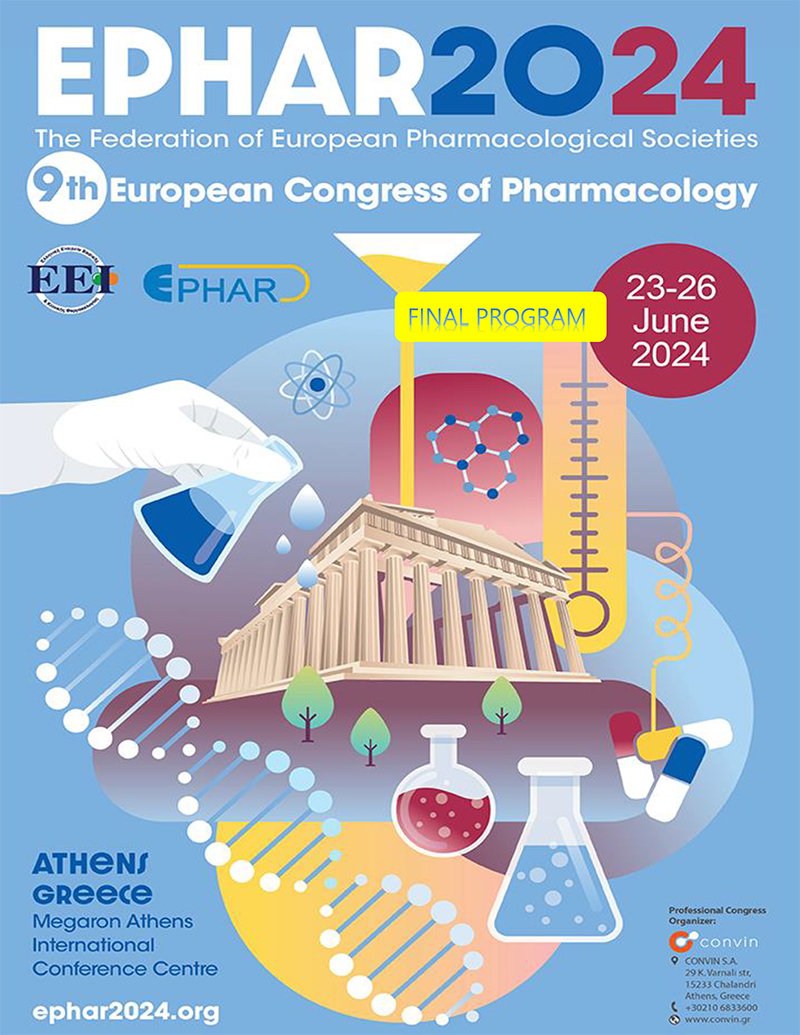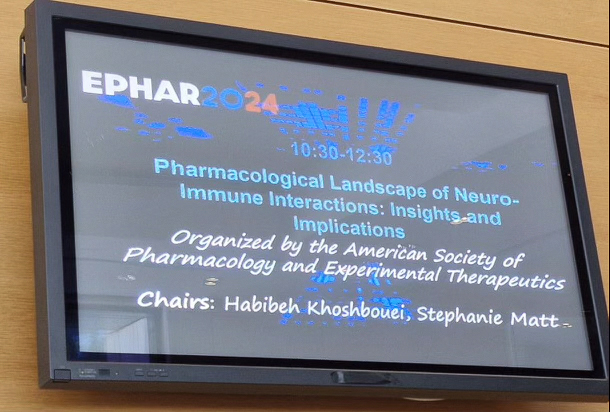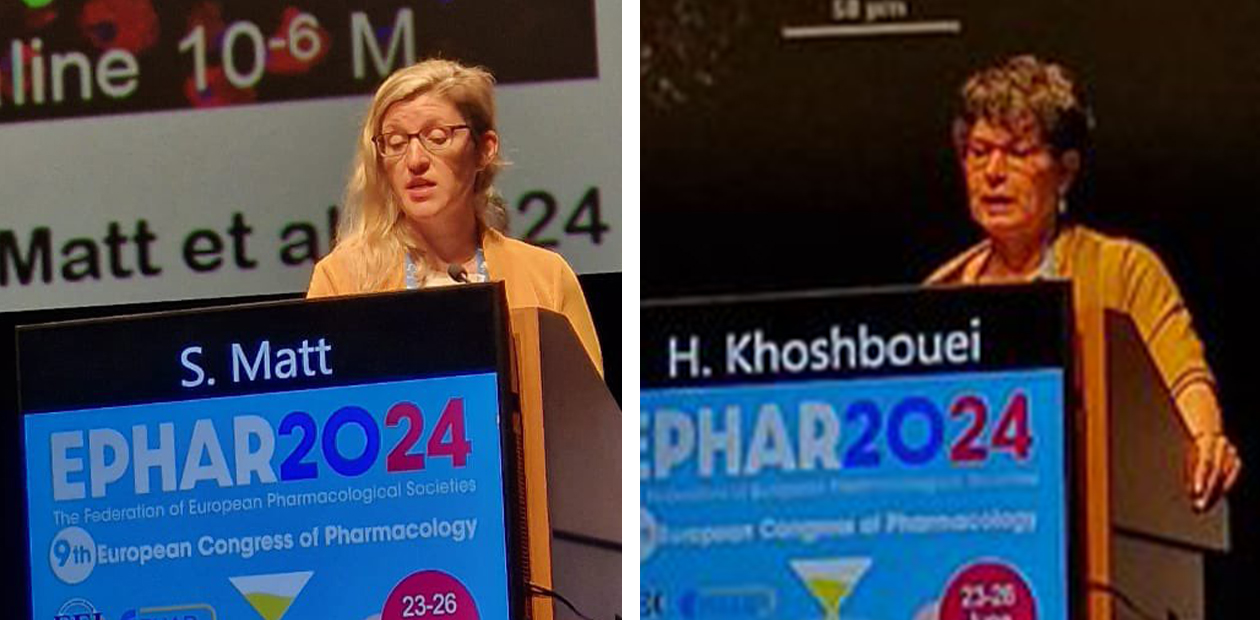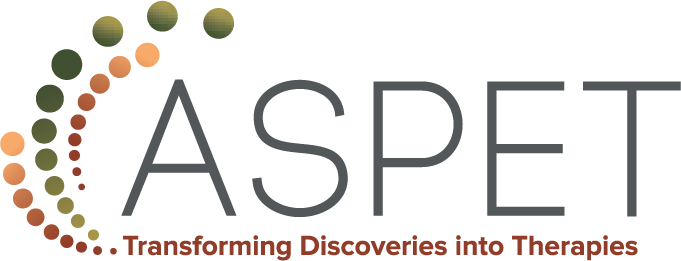Dr. M. N. V. Ravi Kumar Receives Global Leader Award from AAPS
 M. N. V. Ravi Kumar, PhD, has been selected to receive the 2024 Global Leader Award from the American Association for Pharmaceutical Sciences (AAPS), as part of their awards program that recognizes scientific impact, leadership and service.
M. N. V. Ravi Kumar, PhD, has been selected to receive the 2024 Global Leader Award from the American Association for Pharmaceutical Sciences (AAPS), as part of their awards program that recognizes scientific impact, leadership and service.
Dr. Kumar is being “recognized for his tenacious drive to develop nanoparticulate drug delivery solutions that meet the urgent need to repurpose off-patent, affordable small molecule drugs and antioxidant nutraceuticals for diseases that disproportionately impact less affluent societies.” According to AAPS, “His preclinical data for the nanoparticulate encapsulation of antioxidants to overcome their notoriously poor bioavailability now promises efficacious, safe, and economic treatments for immune-inflammatory diseases such as lupus; diabetes and its complications; acute kidney injury; and hypertension,” contributed to Dr. Kumar’s award selection.
He is currently an Associate Editor with ASPET’s The Journal of Pharmacology and Experimental Therapeutics and has served on its editorial board since 2019. He has been an ASPET member for nine years and is a member of the Division for Drug Metabolism and Disposition. Dr. Kumar is a Distinguished University Research Professor in the College of Engineering at the University of Alabama.
ASPET Members Co-chair Symposium at the European Congress of Pharmacology



Their symposium focused on catecholamine-mediated immunity, as growing research indicates the critical role of bidirectional communication between the immune and nervous systems in health and disease development. Neurons and glial cells in the central nervous system express cytokine and chemokine receptors, which regulate catecholamine release and metabolism.
Similarly, myeloid and lymphoid immune cells express receptors and transporters for catecholamines, influencing inflammation regulation and responses. These neuroimmune interactions may explain the pleiotropic effects of certain pharmacological agents, such as immunomodulatory drugs impacting neurological functions and psychiatric medications affecting peripheral immunity.

The goals of this session were to broaden the scope of neuroimmune pharmacology, its implication in disease development, and development of targeted therapeutic approaches. Featuring a diverse group of varying career female scientists, including Dr. Silvia Capellino from the Leibniz Research Centre for Working Environment and Human Factors and Dr. Franca Marino from the University of Insubria, their presentation discussed:
- Novel findings of how antidepressants with a catecholaminergic profile and depression can mediate inflammation and HIV viral dynamics in human myeloid cells like macrophages and microglia.
- A set of experiments highlighting dopamine transporter regulation of peripheral immunity, and implications for Parkinson’s disease.
- A line of research exploring how dopamine modulates immune responses and bone remodeling in rheumatoid arthritis.
- The history of dopaminergic modulation of immune responses in a number of leukocyte populations and how this is impacted in Parkinson’s disease.
Their presentation fostered a lively audience discussion on new ways to understand mechanisms of immune regulation, as well as continued talks between the symposium members for future collaborations. This emphasizes the need for continued exploration of the connection between the immune and nervous systems and stronger efforts in catecholaminergic drug repurposing to treat inflammatory diseases.


